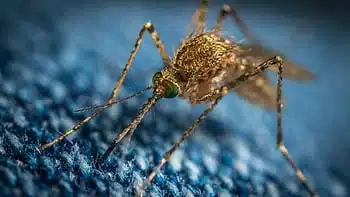One of the most annoying pests is the mosquito. Our DC, VA, and MD yards often fill with itchy mosquitoes every summer.
Ever wondered what do mosquitoes eat and why they bite? In my family’s yard, dense shrubs and standing water fed swarms that drove us indoors all season.
If you’ve been bitten by a mosquito, you know one bite can ruin an evening outdoors.
Understanding Mosquitoes as a Pest
Dealing with mosquitoes is a headache for homeowners in DC, VA, and MD. Their itchy mosquito bites ruin cookouts and sleep.
Female mosquitoes transmit mosquito-borne disease like West Nile virus and dengue. These pests are small but can be a big health risk.
In my family’s own backyard, thick plants and moisture let mosquitoes breed. We tested traps, sprays, and nets until we built a program that actually worked.
Why ‘What Do Mosquitoes Eat’ Matters for Effective Pest Control
Understanding what mosquitoes eat guides our treatments. Mosquitoes require plant sugars and, for females, a blood meal to produce eggs.
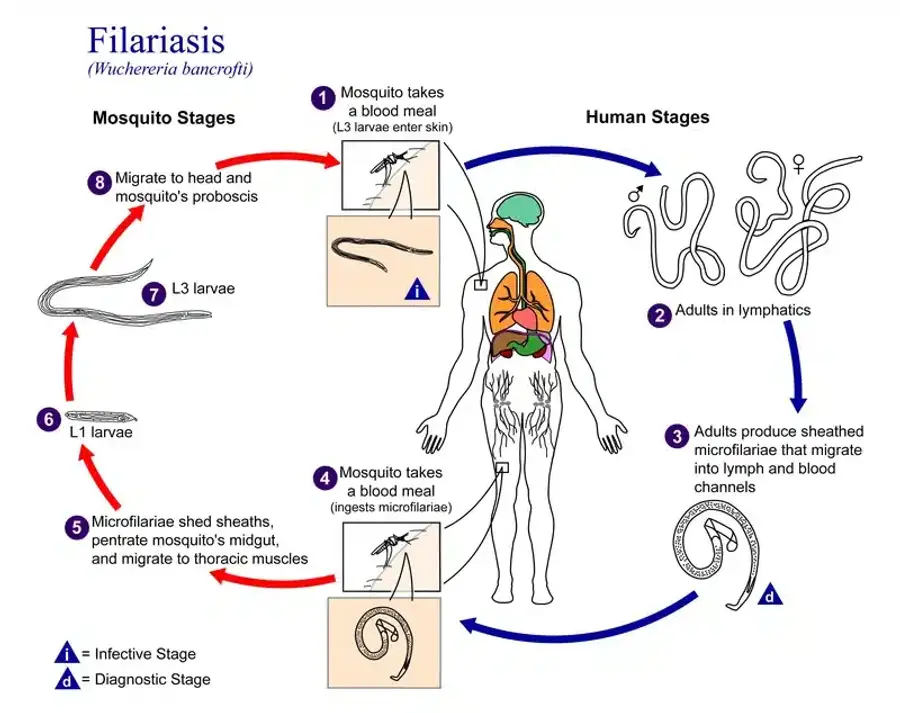
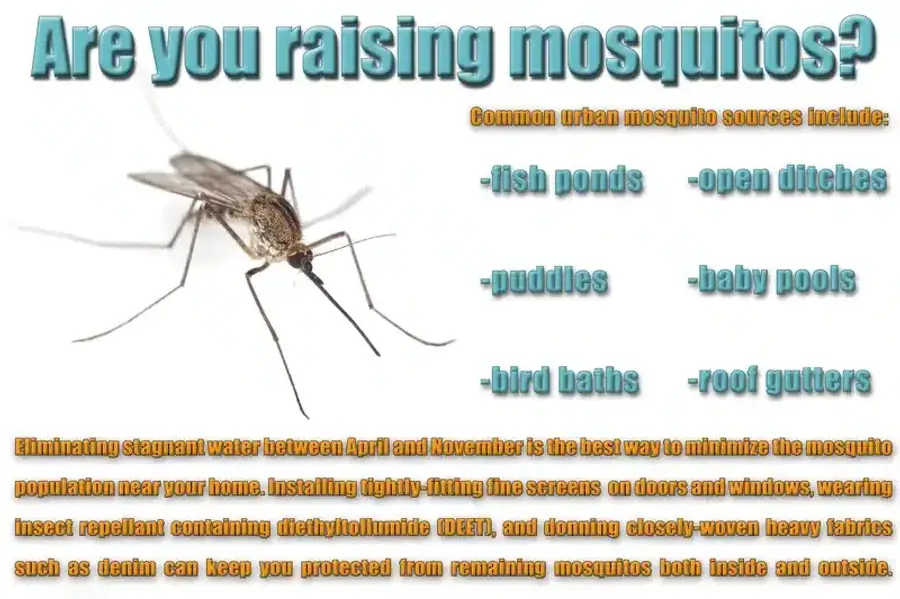
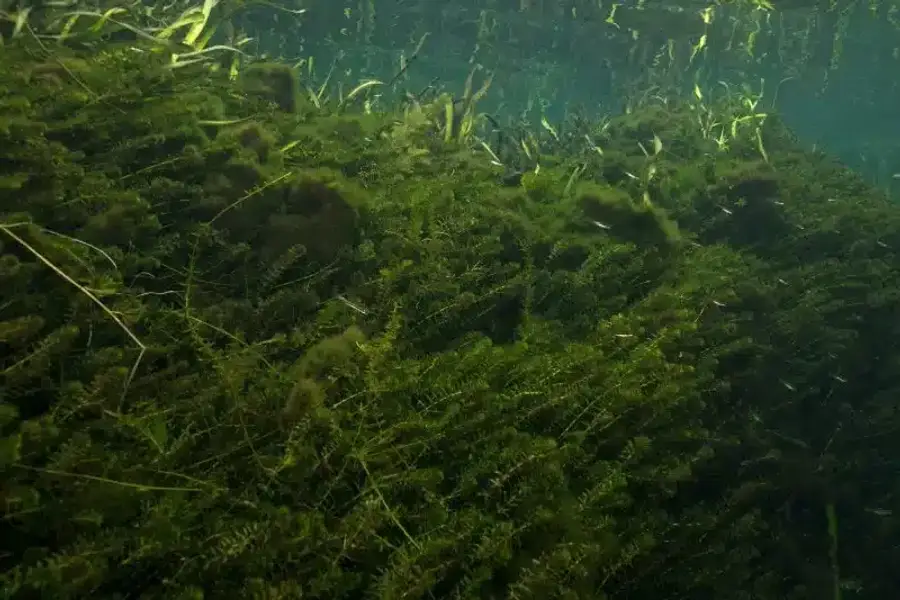
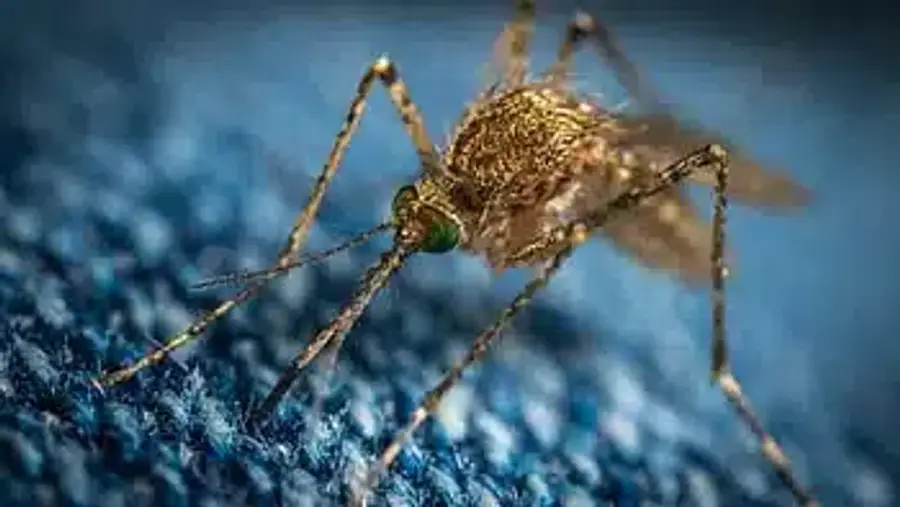
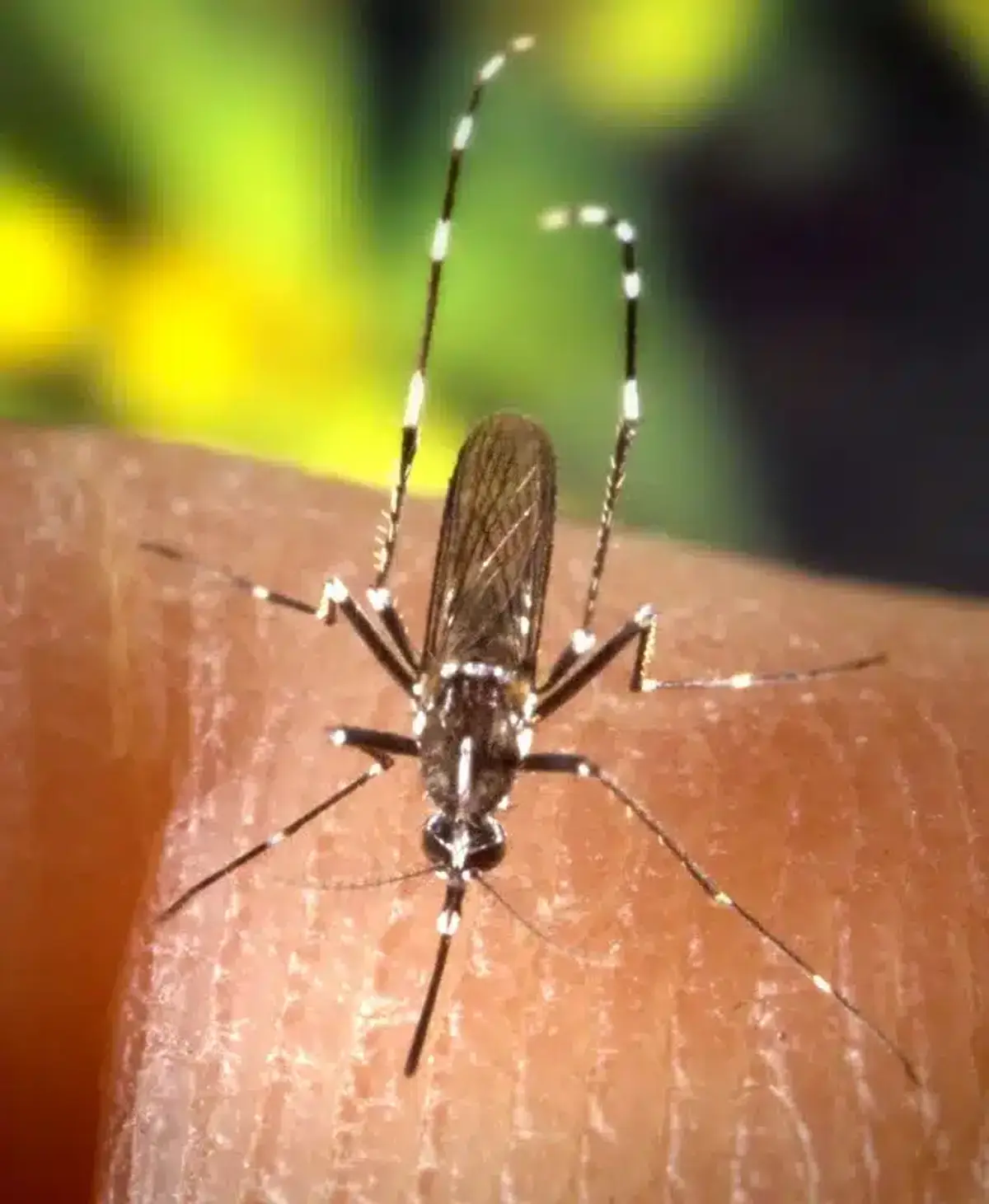
Knowing the mosquito life cycle helps time larvicides and sprays. At Better Termite & Pest Control, we use that insight in barrier sprays and In2Care traps.
This dual method cuts the mosquito life cycle at key points and boosts mosquito control results.
What Do Mosquitoes Eat? Adult Mosquito Diet
This section explores how and why mosquitoes eat different foods.
Sugar Feeding: Nectar from Flowers and Plant Sap
Most adult mosquitoes take plant nectar from flowers and plant sap from leaves. Nectar gives energy for flight.
Blood Meals: Female Mosquitoes Feed on Blood for Egg Production
Only female mosquitoes bite people and animals for a blood meal. Female mosquitoes feed on human blood, blood from birds, or reptile and mammal blood to get protein for egg production. They need a blood meal before they lay their eggs in standing water.
See our guide on Male vs Female Mosquito: Why Only Females Transmit Disease for more on biting habits.
Male Mosquito Diet: Nectar Only, No Blood Feeding
A male mosquito never bites or feeds on blood. Male mosquitoes drink nectar and plant juices for basic energy.
What Do Mosquitoes Eat in Early Life Stages?
Mosquito Larvae Feed: Algae, Bacteria, Organic Matter
Mosquito larvae live in standing water and feed at the surface of the water on organic matter. They eat algae, bacteria, and decaying plant bits. According to Virginia Tech, larvae feed constantly to fuel growth. Learn more in our pest library.
LSU research shows that larvae nutrition influences adult size. For more information, read our guide on What Do Centipedes Eat? A Complete Guide to Their Diet.
Pupal Stage: No Feeding, Energy from Larval Diet For more information, read our guide on How Long Do Mosquitoes Live: Life Cycle and Seasonality.
During the pupal stage, mosquito pupae rest and do not feed. They rely on reserves from the larval stage and emerge as adults in a few days. For more information, read our guide on What Do Boxelder Bugs Eat? Complete Maple Tree Diet Guide.
Mosquito Life Cycle and Food Needs
Eggs Hatch: Laid on Water or Damp Surfaces Near Water
Mosquito eggs are laid on water or damp surfaces near water. When eggs hatch, they release larvae that start feeding immediately.
Larval Stage: Molting and Organic Matter Consumption
Larvae molt four times as they grow. Each larva consumes microbes and organic debris in the water to fuel development.
Adult Emergence: First Nectar Meal to Fuel Flight
Once an adult mosquito emerges, it must drink sugar within a day to fuel flight. Most mosquitoes drink nectar from flowers or plant sap to power their metabolism.
Learn more on the Mosquito Life Cycle from the EPA.
Feasting Mechanisms: How Mosquitoes Eat
Proboscis and Blood-Sucking Process
Mosquitoes use their proboscis like a straw to pierce skin and suck blood. A quick bite can deliver pathogens such as dengue or West Nile virus.
Antennae and Host Detection via Carbon Dioxide
Adult females find hosts by sensing carbon dioxide and body heat with feathery antennae. These cues help mosquitoes find people and animals.
Different Mosquito Species and Their Food Sources
Different species of mosquitoes favor different habitats and food sources. Mosquito life spans vary by species.
Aedes Species: Container Breeders and Daytime Biters
Aedes mosquitoes breed in containers and floodwater. Some Aedes species also vector La Crosse encephalitis. Species like Aedes albopictus feed on nectar and bite during the day.
Learn more about Common Mosquito Types in DC: How to Identify Local Species.
Culex Species: Stagnant Water Breeders and Nighttime Feeders
Culex species breed in polluted, stagnant water. Culex mosquitoes are vectors of West Nile virus and bite at dusk.
Anopheles Species: Wetland Breeders and Dusk Feeders
Anopheles mosquitoes breed in ponds and wetlands. They bite at dusk and can vector malaria, though not in our region.
Environmental Factors Influencing What Mosquitoes Eat
Temperature and Mosquito Feeding Activity
Mosquito feeding peaks when temperatures range from 70°F to 90°F. Below 50°F, most mosquitoes live dormant or enter diapause.
Humidity, Wind, and Mosquito Biting Patterns
High humidity helps mosquitoes avoid drying out. Windy conditions reduce bites since mosquitoes cannot fly in strong wind.
How Mosquito Diet Drives Effective Control Strategies
Knowing the mosquito life cycle helps target treatments at the right time.
Targeting Larvae with Larvicides in Stagnant Water
Larvicides like Bti kill larvae when they feed in standing water. According to the Extension Service, Bti is effective around ponds and birdbaths.
Barrier Sprays on Foliage to Interrupt Sugar Feeding
Licensed technicians apply barrier sprays to shrubs and ivy patches. When mosquitoes feed on nectar in leaves, they pick up insecticide and die. Studies on Attractive Toxic Sugar Baits show sugar baits kill adult mosquitoes when they feed.
In2Care System: Author’s Eco-Friendly Backyard Approach
We use the In2Care system to contaminate adult mosquitoes with larvicide and fungus. In2Care traps then spread these agents to other breeding sites.
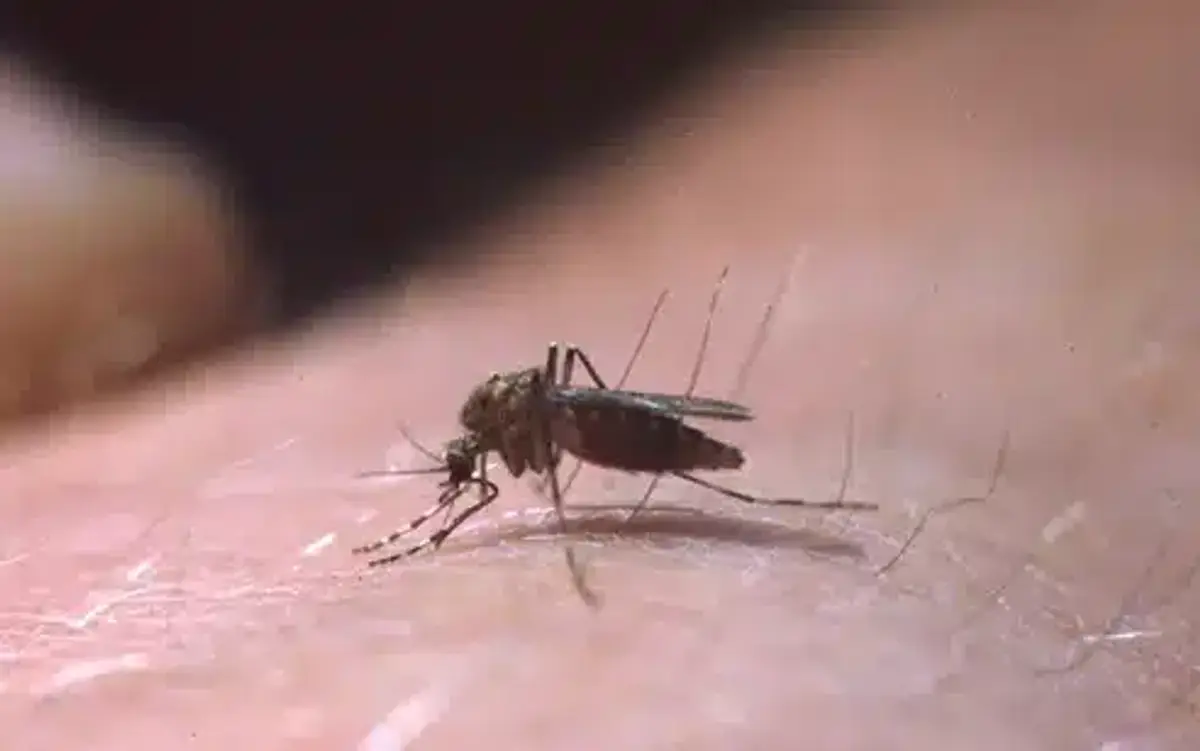
Discover our full Mosquito Control Process.
Our integrated approach boosts mosquito control results.
How Diet Impacts Mosquito Bite Risk
Timing of Mosquito Bites: Dawn, Dusk, Night vs Day
Different species bite at different times. Many mosquitoes prefer to feed at dawn or dusk, when light is low and humidity is high. Aedes tend to bite by day, while Culex and Anopheles bite at dawn, dusk, or night. This timing affects your chance of a mosquito bite.
Prevent Mosquito Bites: Remove Mosquito Food Sources
You can prevent mosquito bites by dumping containers and mowing lawn. Remove standing water to keep larvae from feeding and cut adult populations.
Author’s Backyard Mosquito Battle: Practical Tips from Hands-On Experience
- We placed In2Care stations in shaded spots around our yard.
- We applied a topical spray to dense vegetation.
- We emptied all containers weekly to keep pupae from living.
This method cut our mosquito numbers and ended itchy bites.
Conclusion: Leveraging Diet Insights for Mosquito Control
Understanding what mosquitoes eat and where they breed helps homeowners target pests with better results. Our pest control services tackle mosquitoes year-round, from larvicides to barrier sprays and In2Care traps. Proudly serving Alexandria, Reston, and Herndon areas.
Frequently Asked Questions
What do mosquitoes mostly eat?
+
Adult mosquitoes mostly eat nectar from flowers and plant sap. Male mosquitoes feed only on sugar, while female mosquitoes bite to get protein for eggs.
How do mosquitoes survive without blood?
+
Mosquitoes drink plant nectar or honeydew for energy. Only female mosquitoes require blood meals; males live entirely on sugar sources.
What do mosquitoes hate the most?
+
Mosquitoes hate wind, dry air, and bright sun. These conditions dry them out and make it hard for them to survive and feed.
Why do mosquitoes eat blood?
+
Female mosquitoes feed on blood to get protein for egg production. This blood feeding helps them produce eggs.
How long do mosquito larvae live in water?
+
Mosquito larvae feed in standing water for about 4-14 days, depending on temperature. They molt four times before becoming pupae.
Can mosquitoes transmit dengue?
+
Some Aedes species can transmit dengue. In our region, Aedes aegypti is rare, so local dengue risk is very low.
Do mosquitoes drink blood?
+
Only female mosquitoes suck blood. They use a proboscis to pierce skin and locate hosts with carbon dioxide cues.
How do mosquitoes find nectar?
+
Mosquitoes use their antennae to detect plant nectar. They often feed on nectar from flowers early in the morning and at dusk.
With five years of hands-on experience in the pest control industry, George Schulz is a registered technician with the Virginia Pest Management Association and a proud third-generation professional in a family business that's been protecting homes for over 57 years. He manages and trains a team of service pros while also leading internal research efforts—recently spearheading a deep-dive review of thousands of documents on pest control materials to hand-pick the most kid and pet friendly, most effective solutions tailored specifically for homes in the DC metro area.
